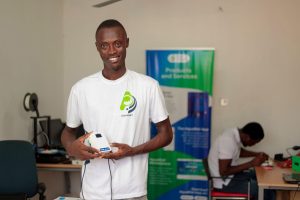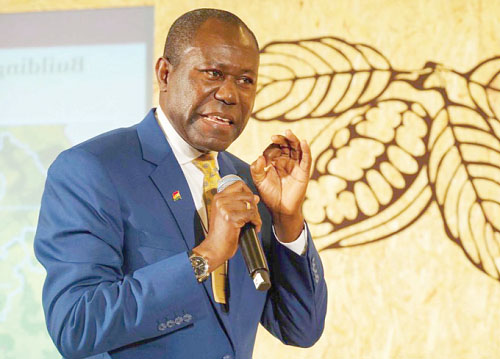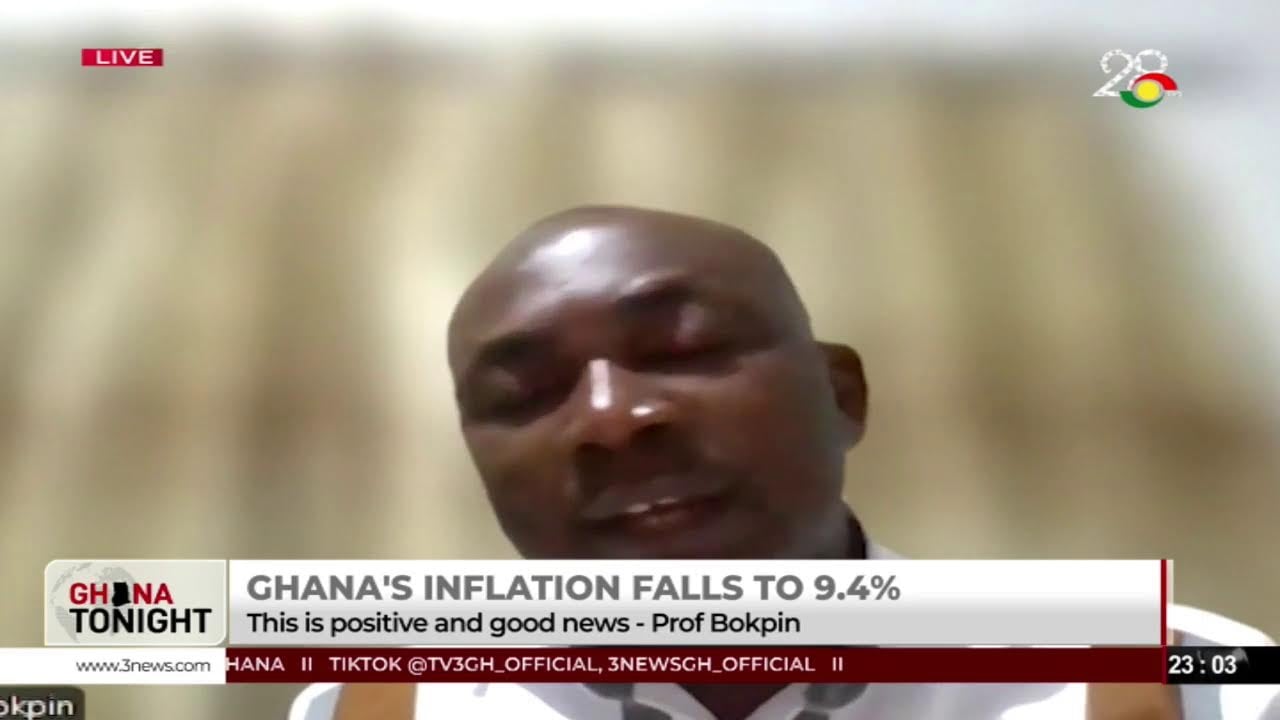
By Kingsley Webora TANKEH
For decades, smallholder fish farmers operated on intuition and hope, often waking up to the devastating sight of dead fish floating in their ponds, due to slight changes in water quality.

However, with Aquamet and a smartphone, it takes only an alert to avert such disasters. This smart monitoring device was created by a Ghanaian innovator, Frank Owusu, who has been shortlisted and now a finalist for the 2025 Africa Prize for Engineering Innovation organised by UK’s Royal Academy of Engineering.
Speaking to the Business and Financial Times (B&FT) ahead of the ceremony, Mr. Owusu expressed excitement for making it to the final list. “Being a finalist of the Prize means a lot to me personally. This is an amazing platform to mentor and empower young people to take up opportunities to innovate and be part of the solution to the pressing environmental, social and economic problems we face in Ghana,” he said.
Mr. Owusu and three other Africans from Kenya and Uganda have been shortlisted for the award this year. The winner goes home with £50,000. While the other three finalists receive £10,000 each, with an additional £5,000 prize to be awarded to ‘One to Watch.’
He revealed that the introduction of this technology marks the turning point in fish farming as it averts losses and improves profits. According to him, this puts local farmers in a comfortable position to reclaim the US$250 million import market.
He noted that Ghana is a nation where seven out of ten people rely on fish as their primary protein source, especially in the coastal areas. However, while demand continues to soar, local production has been crippled by massive losses. “Farmers would usually expect to lose up to 45 percent of their stock during production,” Mr. Owusu explained.
This deficit threatens food security and forces the nation to spend over a quarter of a billion dollars annually on fish imports, weakening the local economy.
Being a graduate of Natural Resources Management from the Kwame Nkrumah University of Science and Technology (KNUST) in Fisheries and Watershed Management specialization, Mr. Owusu narrated that the idea of Aquamet emerged from an encounter with a farmer in Asutuare. “Tetteh recounted how he almost lost all his stock to poor water quality, which he didn’t notice on time,” Mr. Owusu recalled some of his conversations with the farmer.
According to him, those conversations gave him a broader picture of the endemic crisis, plunging him into thinking of a sustainable solution to the problem. “I set out with like minded young people with relevant skills in Physics and Computer Science to build an inclusive solution that prevents fish loss, and maximise the yield and income of fish farmers to ensure food security while avoiding carbon footprint of fish losses,” he narrated.
The solution, Aquamet, was birthed in the process. Mr. Owusu and his team manufactured a device with three sensors that functions as a guardian for fish ponds. Each of the sensors track the pH of the water, level of dissolved oxygen, and temperature—the vital signs of aquatic health. When levels become harmful to the health of the fish, the system delivers plain-English, actionable advice directly to the farmer’s mobile phone. An alert might read: “Hello Rose, your Oxygen level is very low, and you require a water change, or you can plug in an aerator.”
Aquamet also has an integrated platform, which offers digital record-keeping, access to extension services, and a marketplace to connect farmers with buyers. Mr. Owusu revealed that farmers report yield increases of 10-15 percent after using the device at their ponds. According to him, this is a life-changing margin for small-scale farmers.
He indicated that the approval of his innovation skyrocketed following its shortlisting for the 2025 Africa Prize for Engineering Innovation. According to him, the platform provided more than just prestige; it built credibility for his business. “The program provided an 8-month business development training module, expert coaching, and product mentorship,” Mr. Owusu added.
This catalyzed strategic partnerships with formidable institutions like the British High Commission and the Centre for Environmental Fisheries and Aquaculture Science (CEFAS), to integrate Aquamet into national projects like the Animal Health System Strengthening Project and the Fish for Development Project in Ghana. With plans to expand into Nigeria and Côte d’Ivoire, Aquamet aims to serve over 50,000 fish farmers in Ghana within the next five years. According to Mr. Owusu, his device is poised to become a cornerstone of sustainable aquaculture across West Africa.
The post How home-grown device finalist for Africa Prize stems aquaculture losses appeared first on The Business & Financial Times.
Read Full Story



















Facebook
Twitter
Pinterest
Instagram
Google+
YouTube
LinkedIn
RSS